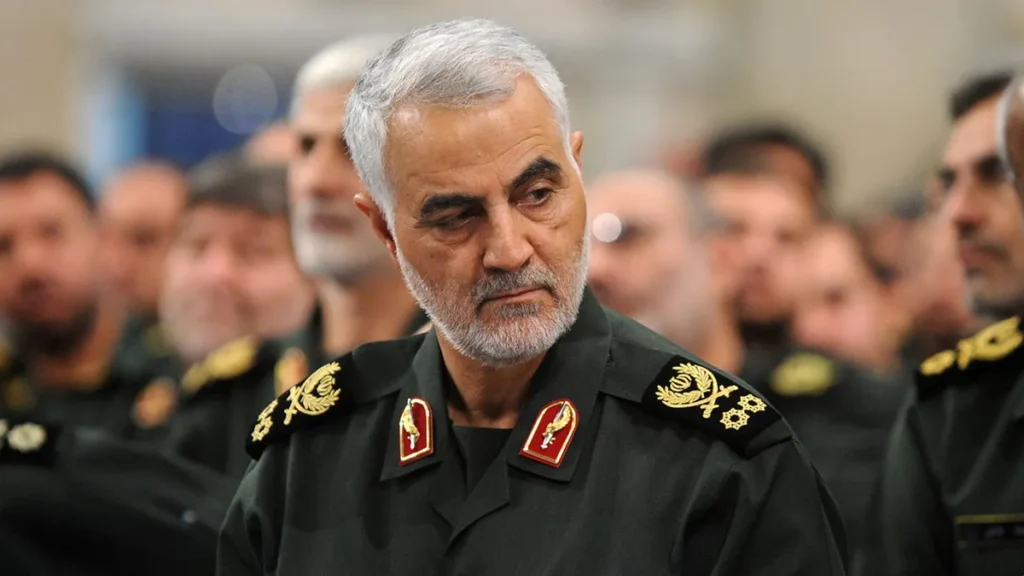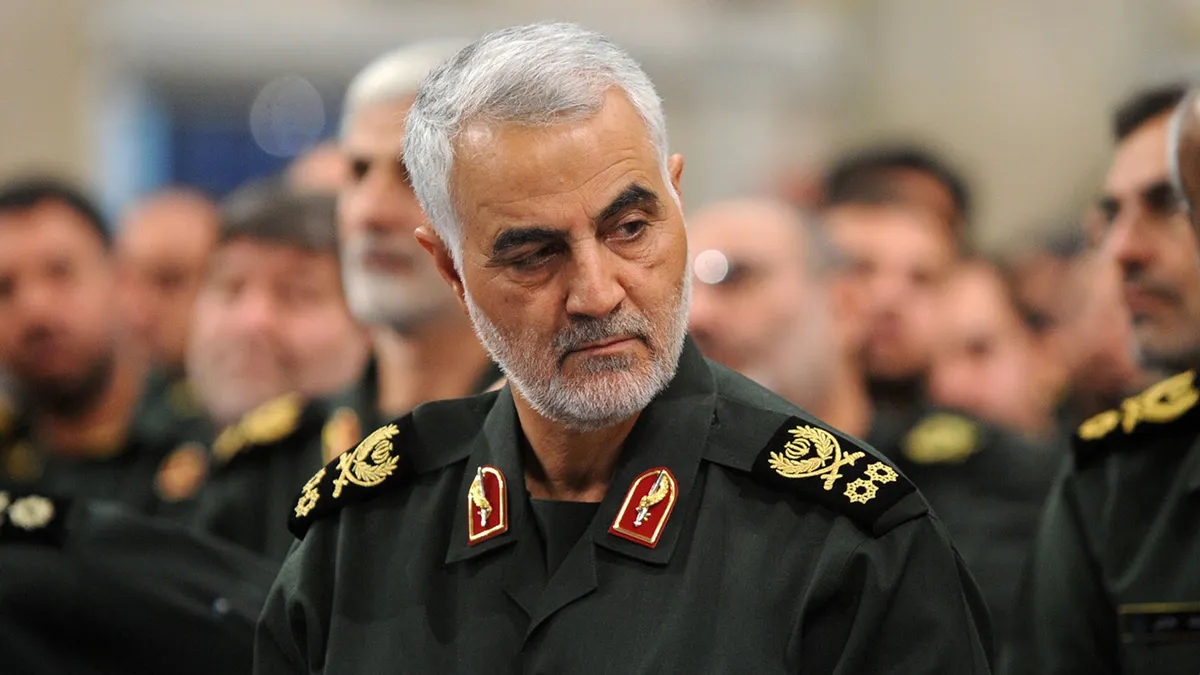
Explosions Near Soleimani’s Grave Intensify Geopolitical Turmoil in the Middle East
In a tragic and ominous turn of events, the echoes of an explosive incident near the grave of Iranian General Qassem Soleimani reverberated through Kerman, Iran, claiming the lives of at least 103 people and leaving up to 141 others wounded. The incident unfolded during a solemn ceremony commemorating the fourth anniversary of Soleimani’s death, a significant figure whose demise in a U.S. drone strike in 2020 had profound implications for the region.
The explosions, deemed terrorist attacks by Iranian officials, occurred as mourners gathered to honor the memory of Soleimani, a military commander known for his influential role in Iran’s regional strategies. The local official explanation pointed towards several gas canisters exploding on the road leading to the cemetery. However, no specific party was accused, leaving the incident shrouded in uncertainty and adding another layer of complexity to the already strained geopolitical landscape.
The timing of these explosions exacerbates existing tensions between Iran, the United States, and Israel. In recent months, Iranian proxy groups have escalated attacks on U.S. bases in Iraq and Syria, surpassing the alarming count of 100 since October. Concurrently, Iran-backed Houthi rebels in Yemen have disrupted trade in the Red Sea, while Hezbollah, a group supported by Iran, has been issuing threats against Israel’s northern border with drone attacks.
Further intensifying the regional turmoil, Hezbollah’s media confirmed a drone attack in Beirut, Lebanon, resulting in the death of a senior Hamas leader. Israel, while not officially claiming responsibility, acknowledged the precision of the strike. In a statement, Prime Minister Benjamin Netanyahu’s administration emphasized the surgical nature of the attack, with Ambassador Mark Regev clarifying on MSNBC, “Israel has not taken responsibility for this attack. But whoever did it must be clear that this was not an attack on the Lebanese state. It was not even an attack on the Hezbollah organization. Whoever did this did a surgical strike against the Hamas leadership.”
The explosions near Soleimani’s grave and the subsequent regional incidents underscore the volatility inherent in the Middle East’s delicate geopolitical balance. As investigations unfold, the international community grapples with the potential ramifications of these events and closely monitors responses from the affected nations. The complex dynamics at play demand a nuanced approach to prevent further destabilization in a region already fraught with historical tensions and power struggles.
The aftermath of the explosions holds implications not only for Iran but also for its relationships with the United States and Israel. The shadow of Soleimani’s death looms large, casting a long and ominous presence over the region. Each incident becomes a stark reminder of the multifaceted challenges faced by nations navigating the intricate web of alliances and animosities in the Middle East.
As the global community awaits further information on the Kerman explosions, the hope is for a measured response that prioritizes de-escalation. The fragility of the situation necessitates a careful examination of the facts, avoiding knee-jerk reactions that could inadvertently exacerbate tensions. The need for diplomacy and dialogue becomes paramount to prevent any further loss of life and damage to regional stability.
The international community must remain vigilant in the face of these developments, understanding that the repercussions extend beyond the borders of the nations directly involved. A concerted effort to promote peace, foster understanding, and encourage diplomatic resolutions is imperative to navigate the intricate geopolitical landscape of the Middle East. The explosions near Soleimani’s grave serve as a stark reminder of the urgent need for collaborative efforts to bring stability to a region that has long been plagued by conflicts and uncertainties.

